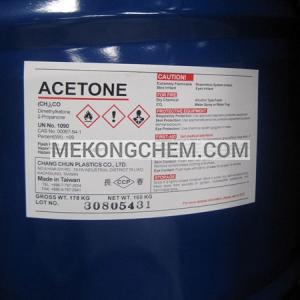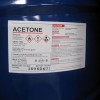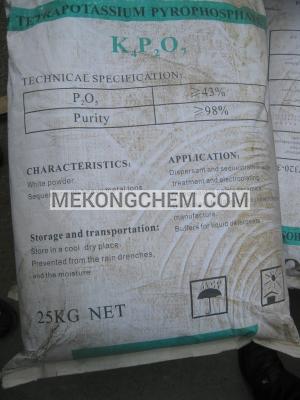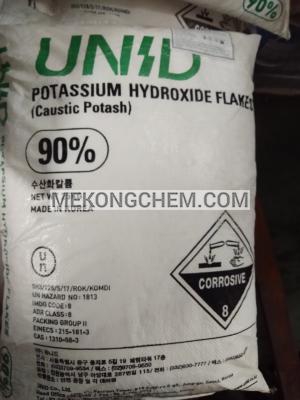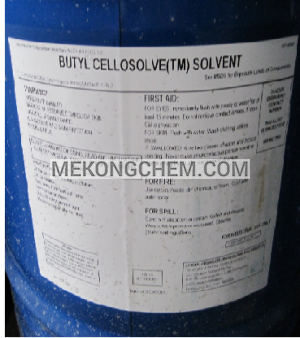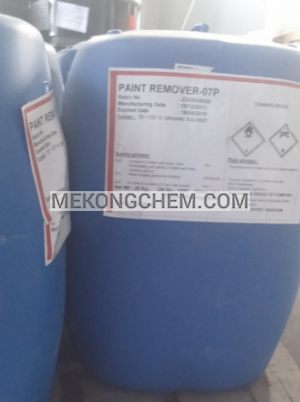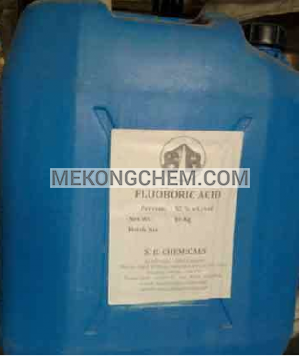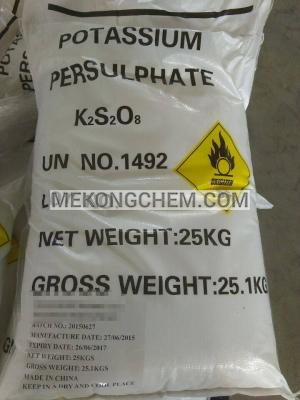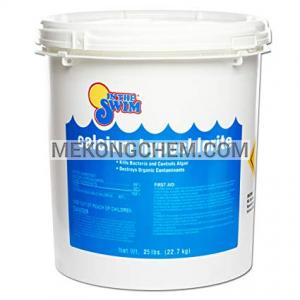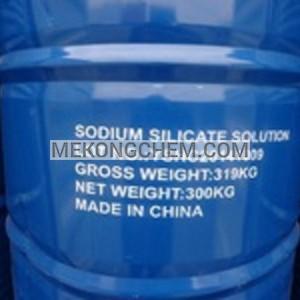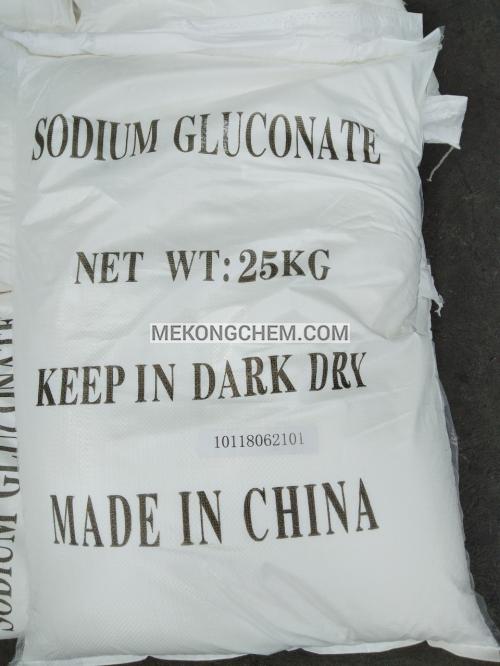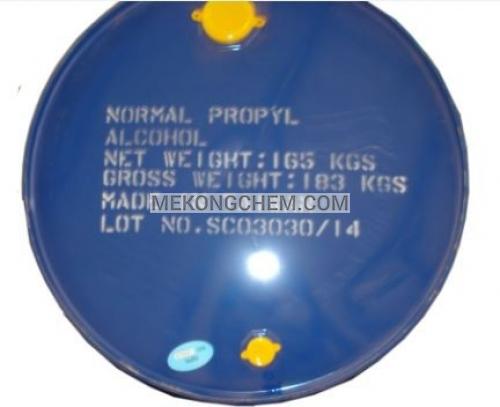Acetone
| FORMULA | : | C3H6O |
| ORIGIN | : | Taiwan/Singapore |
| PACKING | : | 195kg/drum |
| APPLICATION | : | Used in industries of paint, cleaning, industrial solvents ... |
Short description
Formula: C3H6O Melting point: -95 ° C Boiling point: 56 ° C Density: 784 kg / m³ Molecular weight: 58.08 g / mol Classification: Ketones Acetone is miscible with water and serves as an important solvent in its own right, typically for cleaning purposes in laboratories. About 6.7 million tonnes were produced worldwide in 2010, mainly for use as a solvent and production of methyl methacrylate and bisphenol A.[16][17] It is a common building block in organic chemistry. Familiar household uses of acetone are as the active ingredient in nail polish remover and as paint thinner. About a third of the world's acetone is used as a solvent, and a quarter is consumed as acetone cyanohydrin, a precursor to methyl methacrylate. Acetone is a good solvent for many plastics and some synthetic fibers. It is used for thinning polyester resin, cleaning tools used with it, and dissolving two-part epoxies and superglue before they harden. It is used as one of the volatile components of some paints and varnishes. As a heavy-duty degreaser, it is useful in the preparation of metal prior to painting. It is also useful for high reliability soldering applications to remove rosin flux after soldering is complete; this helps to prevent the rusty bolt effect.Formula: C3H6O
Melting point: -95 ° C
Boiling point: 56 ° C
Density: 784 kg / m³
Molecular weight: 58.08 g / mol
Classification: Ketones
Acetone is miscible with water and serves as an important solvent in its own right, typically for cleaning purposes in laboratories. About 6.7 million tonnes were produced worldwide in 2010, mainly for use as a solvent and production of methyl methacrylate and bisphenol A.[16][17] It is a common building block in organic chemistry. Familiar household uses of acetone are as the active ingredient in nail polish remover and as paint thinner.
About a third of the world's acetone is used as a solvent, and a quarter is consumed as acetone cyanohydrin, a precursor to methyl methacrylate.
Acetone is a good solvent for many plastics and some synthetic fibers. It is used for thinning polyester resin, cleaning tools used with it, and dissolving two-part epoxies and superglue before they harden. It is used as one of the volatile components of some paints and varnishes. As a heavy-duty degreaser, it is useful in the preparation of metal prior to painting. It is also useful for high reliability soldering applications to remove rosin flux after soldering is complete; this helps to prevent the rusty bolt effect.
Acetone is used to synthesize methyl methacrylate.
In the laboratory, acetone is used as a polar, aprotic solvent in a variety of organic reactions, such as SN2 reactions. The use of acetone solvent is critical for the Jones oxidation.
Acetone is used in a variety of general medical and cosmetic applications and is also listed as a component in food additives and food packaging and also in nail polish remover. Dermatologists use acetone with alcohol for acne treatments to peel dry skin.
Acetone is often the primary component in cleaning agents such as nail polish remover. Acetone is a component of superglue remover and easily removes residues from glass and porcelain. Make-up artists use acetone to remove skin adhesive from the netting of wigs and mustaches by immersing the item in an acetone bath, then removing the softened glue residue with a stiff brush.





